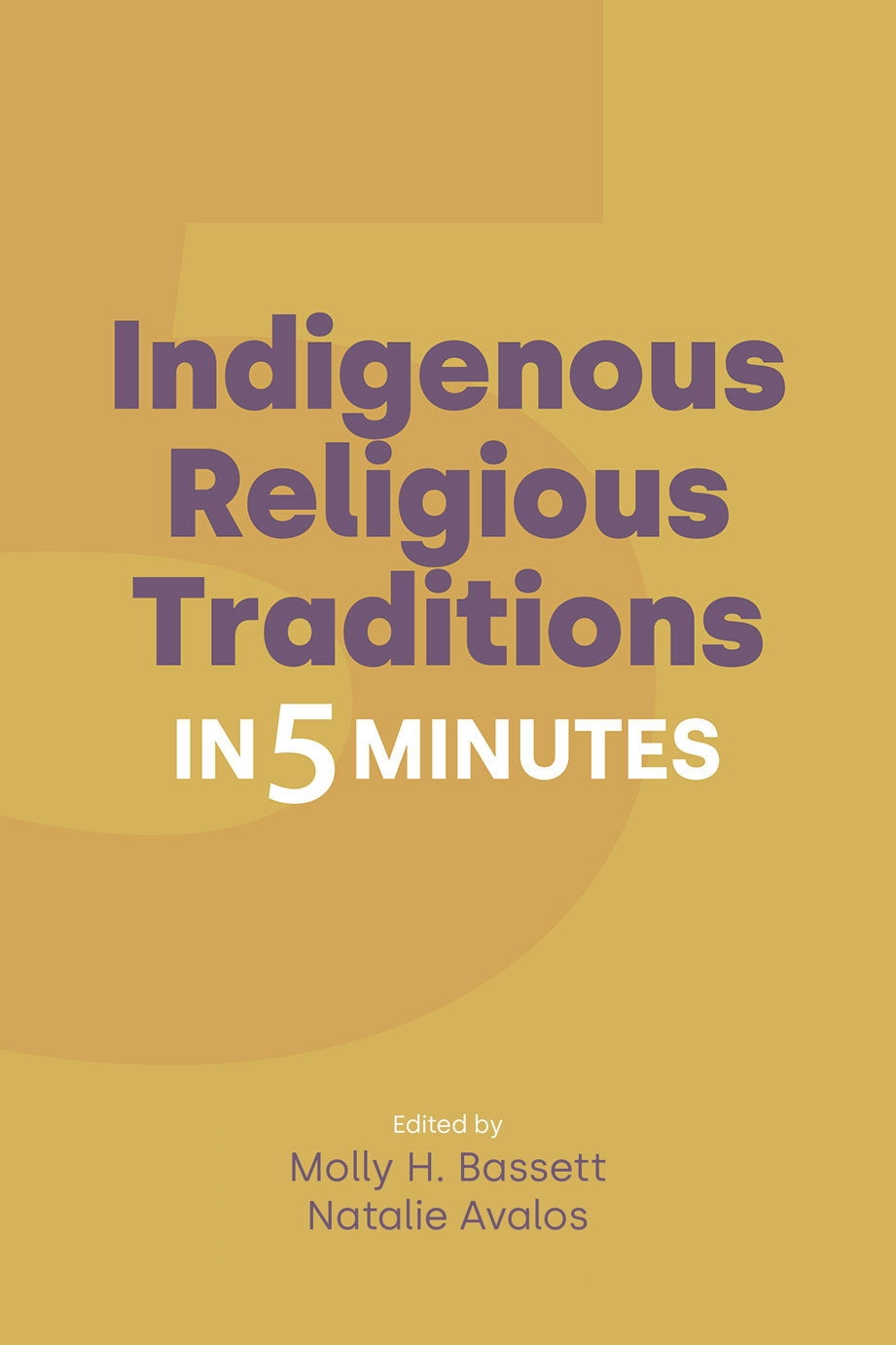81. Are Indigenous religious traditions patriarchal?
Indigenous Religious Traditions in Five Minutes - Molly Bassett
Donnie Begay [+]
University of Divinity, Australia, PhD candidate
Yá’át’ééh, Donnie Begay lives in Albuquerque, NM and is married to Renee who is from Zuni pueblo. We have three daughters, Natalia, Kaya, and Peri. I am Navajo and grew up on the Navajo reservation. I am born into my mother’s clan, Honágháahnii (One-Who-Walks-Around), and born for my father’s clan, Kinyaa’áanii (Towering House People). I graduated from New Mexico State University with a BA in Business Administration, George Fox University (now Portland Seminary) with a MA in Intercultural Studies, and am working on my Ph.D. from the University of Divinity in Australia.
Description
It is certainly possible to argue that Indigenous religious traditions are patriarchal due to the fact that the most sacred teachings of tribes are generally reserved to be learned and taught by men only. But, when feast, ceremonies and social gatherings occur the women (along with children and non-binary people) contribute and are vital in carrying out Indigenous religious traditions.






